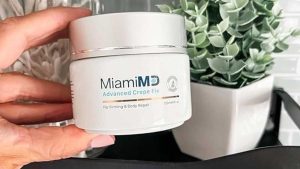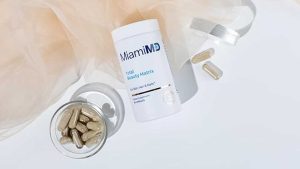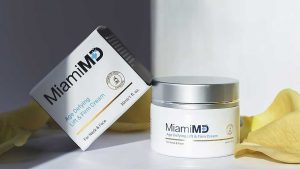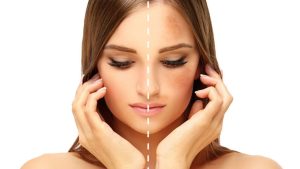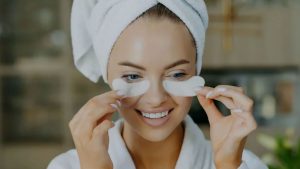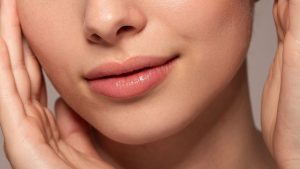5 Signs of a Collagen Collapse
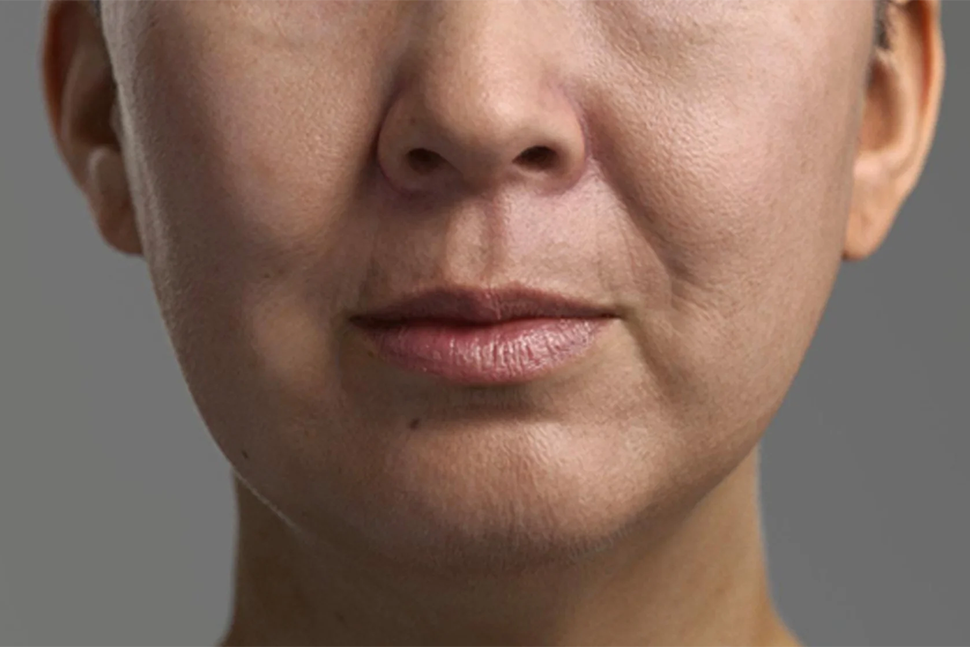
It seems like collagen products are everywhere right now. And while a lot of these products are just hype, they may be onto something.
After all, collagen helps the skin glow and the nails and hair grow. As we get older, collagen levels decrease. And this can cause a myriad of unwanted symptoms.
If you are noticing any of these 5 signs, you may be experiencing a collagen collapse. Find out what they are and how to treat them for all the beauty-boosting benefits.
What is Collagen?
Collagen is the most abundant protein in the human body. In fact, 30% of the protein in your body is collagen.
It’s involved in everything, not just keeping your skin plump and youthful. It gives your bones, muscles, tendons, and ligaments strength and flexibility. All so they can function at their best.
Collagen is like the glue that holds our bodies together. Keeping everything running smoothly. But when collagen levels decrease, it’s like our body’s glue losing its stickiness.
Suddenly, things start to go awry. Our skin loses its firmness. Our bones feel weaker, and our muscles and joints just don’t have the same spring in their step. It’s like a domino effect. And this is what we refer to as a collagen collapse.
The 3 Main Types of Collagen:
1. Type I Collagen-
Type I collagen is the most abundant type of collagen in the human body. It’s dominantly found in the skin, tendons, bones, and other connective tissues. It’s crucial for the maintenance of their health. Integral for the body to function optimally.
2. Type II Collagen –
Type II collagen is mainly found in cartilage. Cartilage is flexible tissue. It cushions joints and provides structure to other parts of the body. Type II collagen helps regenerate and repair cartilage tissue for healthy joint function.
3. Type III Collagen-
Type III collagen is a major component of the walls of blood vessels. Particularly the smaller blood vessels such as the capillaries. It helps to maintain the integrity and strength of blood vessel walls. By doing this, it supports healthy circulation throughout the body.
What Causes a Collagen Collapse?
The body decreases its collagen production as we age. But several factors can contribute to a more rapid decline, such as:
- Sun Exposure
- Smoking
- Excess Alcohol
- Poor Sleep
- Lack of Exercise
5 Signs of Collagen Collapse
1. Wrinkles and Fine Lines
Collagen is vital for skin elasticity. It allows the skin to bounce back and snap into shape.
But when collagen decreases, it loses this ability. This causes fine lines and wrinkles to appear, especially in areas prone to repetitive movement.
Collagen helps retain moisture in the skin. Crucial for its hydration and health.
When collagen decreases, the skin struggles to retain moisture. And when the skin is dehydrated, it becomes dry. This dryness exacerbates the appearance of fine lines and wrinkles.
2. Loose, Saggy Skin
Collagen is like the glue that holds everything together. And that’s no different for the skin.
When collagen fibers break down or become disorganized, the skin structure becomes weak. This unfortunately can lead to loose, sagging skin.
3. Loss of Volume and Thin Skin
Collagen is essential for maintaining the thickness and density of the skin.
As collagen breaks down or is depleted, the skin becomes thinner and more fragile. This can lead to the classic signs of aging such as sunken under eyes and thin cheeks. Losing our skin’s plumpness and making us look gaunt.
4. Flat, Lifeless Hair
Collagen lives in the dermis of the scalp. It supports the structure of hair follicles.
When collagen breaks down, this can impact hair growth and hair strength. This can lead to hair thinning and hair loss.
Collagen is an essential component of the connective tissue surrounding hair follicles. It acts as an anchor for the hair follicles in the skin so that your hair can grow.
However, when collagen declines, the structure of the hair follicle can be weakened. This impacts hair growth and thickness.
5. Weak, Brittle Nails
Collagen is a key structural protein in the nail bed, providing support and strength to the nails.
When collagen levels decrease, the integrity of the nail structure may be compromised. This can lead to nails that are prone to splitting, breaking, or peeling.
Collagen helps maintain the moisture balance in the nail bed and surrounding tissues. Adequate hydration is essential for keeping nails flexible and resilient.
When collagen levels decline, nails may become dry and brittle. This makes them more susceptible to damage.
Collagen supports the delivery of nutrients to the nail matrix. This is where new nail cells are produced. A healthy supply of nutrients is crucial for the growth of strong and healthy nails.
Collagen collapse may disrupt this nutrient delivery process. This leads to nails that are weak and prone to breakage.
How to Treat a Collagen Collapse
There are many collagen products on the market right now from creams to powders. It’s important to know what to look for.
Collagen cream will do nothing to treat collagen collapse. The molecules are far too large to penetrate the skin’s surface. Ultimately, they just sit on top of your skin until you wash your face.
Don’t be fooled by fancy packaging and big claims. You don’t want to waste your money on undigestable collagen.
There is only one type of collagen that your body can absorb. That’s hydrolyzed collagen peptides. And they are absorbed in the gut.
Total Beauty Matrix includes hydrolyzed collagen peptides. Everything your body needs to put an end to collagen collapse. For flawless skin, younger looks, and breathtaking confidence. Revitalize hair health for luscious locks and help strengthen weak, brittle nails.
There may be some fancy-looking collagen products in your local drugstore. But it’s important to remember to keep your eyes peeled. To treat collagen collapse, you need to take hydrolyzed collagen peptides.
Finally
Understanding these 5 signs of a collagen collapse empowers you to reclaim control. Rather than just addressing surface issues, you can tackle the root cause head-on. It’s all about replenishing your collagen levels with hydrolyzed collagen peptides. Turning back the clock, and restoring your body to its youthful vigor.
With boosted collagen, you’ll not only rejuvenate your skin and bring the bounce back to your hair… but you will rediscover that spring in your step. Treating collagen collapse is about more than just appearances. It’s about feeling confident and vibrant in your skin once again.
Sources:
- Enigmatic insight into collagen – PMC (nih.gov)
- COLLAGEN STRUCTURE AND STABILITY – PMC (nih.gov)
- What happens with natural collagen in the skin as we age? | Galderma Aesthetics
- What to Do When Your Collagen Depletes (verywellhealth.com)
- What Happens to Collagen as We Age – Vibrance MedSpa
- 11 Clinical Signs Of Collagen Deficiency | Vitality and Wellness
- Full article: Skin anti-aging strategies (tandfonline.com)
